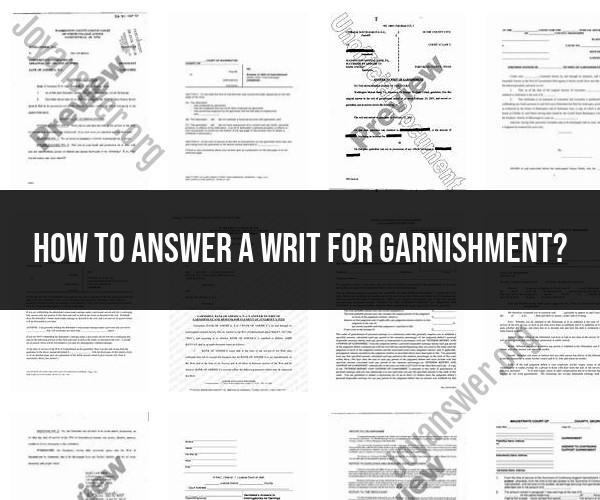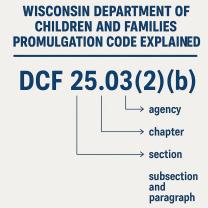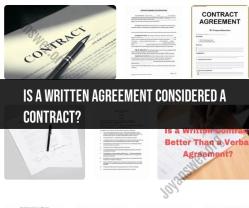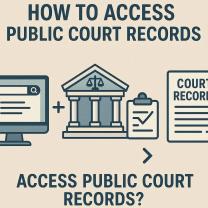How to answer a writ for garnishment?
Responding to a writ for garnishment in Virginia involves a series of steps to protect your rights and interests if you believe the garnishment is improper or if you qualify for exemptions. Here's a step-by-step guide on how to answer a writ for garnishment in Virginia:
Review the Writ for Garnishment:
- Carefully read the writ for garnishment, which is a legal document served on you by the creditor. The writ should contain information about the debt, the court, the creditor, and instructions on how to respond.
Determine Validity and Accuracy:
- Ensure that the writ is accurate and valid. Verify that it was properly issued by the court and that the creditor has followed the required legal procedures. Check if the amount claimed is accurate.
Check for Exemptions:
- In Virginia, certain income and property are exempt from garnishment, such as Social Security benefits, unemployment benefits, and certain types of pensions. Determine if you qualify for any exemptions based on your circumstances.
Calculate Disposable Income:
- Calculate your disposable income, which is the portion of your earnings that may be subject to garnishment. In Virginia, this is typically defined as your gross income minus deductions required by law, such as taxes and Social Security.
Complete the Garnishment Answer Form:
- In Virginia, you may be required to complete a Garnishment Answer Form, which is provided by the court or the creditor. This form allows you to provide information about your income, expenses, and exemptions. Be truthful and accurate in your responses.
File the Answer Form:
- File the completed Garnishment Answer Form with the court within the specified timeframe. The timeframe for responding to a garnishment writ in Virginia can vary, but it is typically around 10 days from the date you were served with the writ. Be sure to meet the deadline to preserve your rights.
Serve Copies on Parties:
- After filing the Answer Form with the court, you may be required to serve copies on the creditor's attorney or the creditor themselves, depending on the specific instructions provided in the writ. Follow the instructions carefully.
Attend the Hearing (if required):
- Depending on the circumstances and the response to your Garnishment Answer Form, a hearing may be scheduled. Attend the hearing prepared to present your case and any evidence supporting your claim for exemptions or objections to the garnishment.
Seek Legal Advice (if necessary):
- If you have questions or concerns about your specific situation, or if the garnishment is complex, consider seeking legal advice from an attorney experienced in debt collection and garnishment laws.
Review and Appeal (if necessary):
- If the court issues an order on the garnishment, carefully review it for accuracy and adherence to the law. If you believe the order is incorrect or unfair, you may have the option to appeal the decision.
It's essential to take garnishment proceedings seriously and respond promptly to protect your financial interests. Consult with an attorney or legal aid organization for guidance and assistance in navigating the garnishment process effectively, especially if you believe you qualify for exemptions or have concerns about the garnishment's validity.












